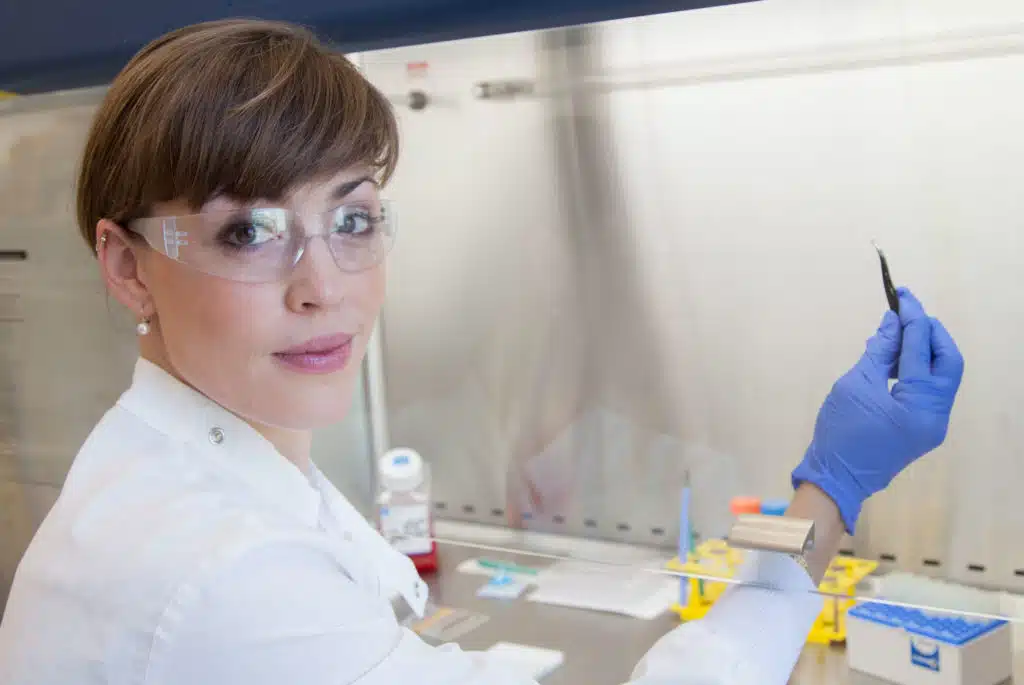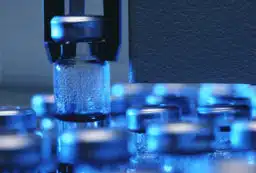Growing mini tumours in a dish that recreate prostate cancer in bone will help researchers find better treatment options for this deadly disease.
Prostate cancer often spreads to the bone and this condition is untreatable.
“Prostate cancer is one of the most commonly diagnosed cancer in males,” says Dr Nathalie Bock from the Queensland University of Technology.
“I am researching prostate cancer in bone to find out why this cancer becomes incurable when it moves into bone.”
Dr Bock used patient cells to grow mini bone tissues in a dish with the addition of cancer cells. This setup can then be used to test cancer treatments.
“We can also collect some prostate tumour tissue from a patient during prostate removal and add it to bone tissue that we have grown in the lab. We can then test drugs to see which works better to kill the cancer cells,” Dr Bock says.
This research can be used to test cancer therapies on human cells, without using animal testing.
“Eighty to ninety per cent of drugs which have been tested on animals still fail in human clinical trials, and what works in animals may not work in humans,” says Dr Bock.
“Studying patient’s cells can lead to personalised medicine—in the long run, giving individual patients the treatment that works for them.”





 Fresh Science is on hold for 2022. We will be back in 2023.
Fresh Science is on hold for 2022. We will be back in 2023.